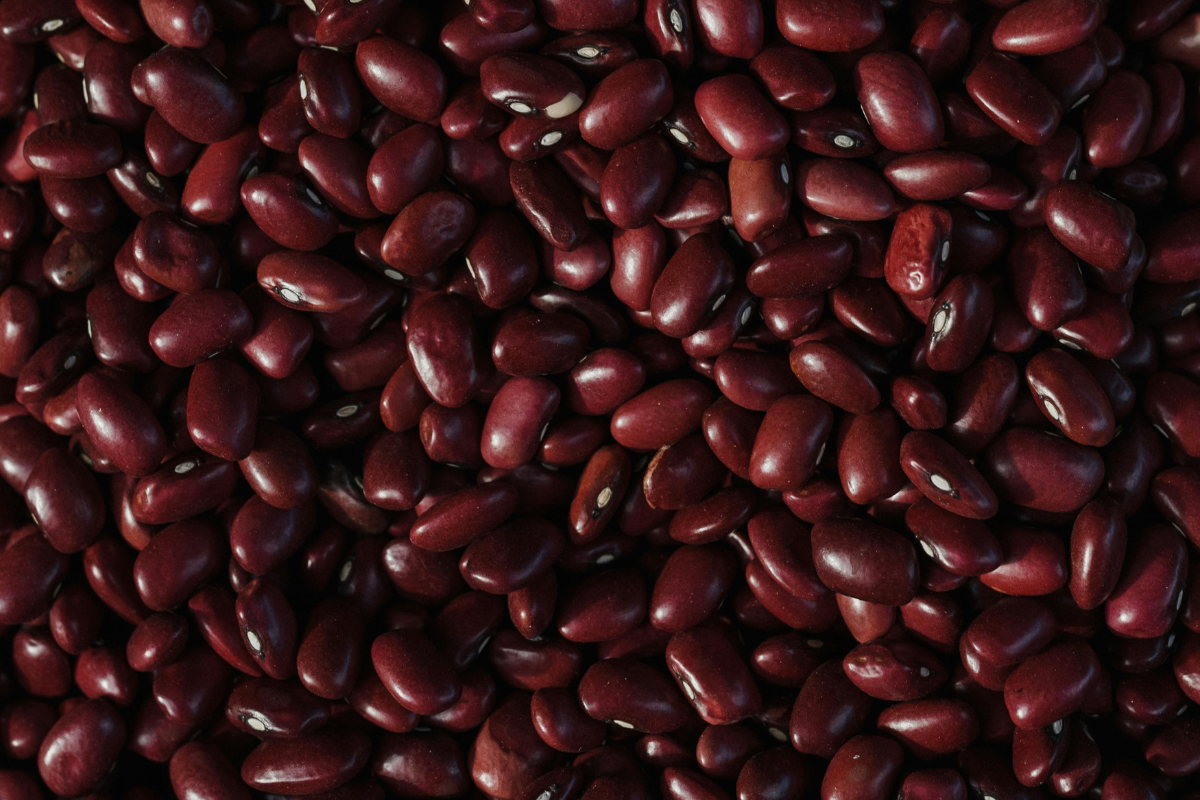17
April
2024
A new study reveals that the European Union could reduce its greenhouse gas emissions by around 48 million tonnes annually—equivalent to removing up to 38 million new cars from the road [1]—by aligning ready-made meals with established health and sustainability standards. The study, conducted by system change company Systemiq for a group of 10 consumer, and environmental organisations, also found that, by making ready meals healthier and more sustainable could save EU consumers €2.8 billion [2] every year in cheaper and healthier food.
Backed by a group of health, consumer, and environmental organisations, the study shows that these improved meals would actually reduce ingredient costs, allowing supermarkets and restaurants to offer nutritious meal options at affordable prices. As a result, this study calls for the adoption of these standards by large European supermarkets, catering companies, and restaurant chains.
“Making ready-made meals healthier and more sustainable is a no-regret policy. Healthier and more sustainable choices don’t have to cost the earth, quite the opposite in this case. As the popularity of ready-made meals soars, this timely finding shows a win-win-win solution, where we can improve the health of people and the planet at affordable prices. This becomes even more crucial as Europe navigates a cost of living crisis.”Eduardo Montero Mansilla of the Spanish Consumers and Users' Federation CECU

In addition to healthier wallets and environment, the study also found that improving the health and sustainability of pre-prepared foods could help reduce the EU’s major diet-linked diseases such as cancer, cardiovascular disease (including heart disease and stroke), liver disease and diabetes.
“We are currently living in a diet-related illnesses crisis. Our dietary habits shape our health, and therefore our future. It makes only sense that policymakers regulate the environments where we consume food to make it healthy and affordable by design. Legislation on ready-made meals is extremely powerful because it shows benefits on improving our health, caring about the planet, and potentially advancing equity for vulnerable populations, since they are often the target of unhealthy foods.”Alba Gil, policy manager of the European Public Health Alliance (EPHA)
Ready-made meals constitute one-sixth (17%) of the EU’s total calorie intake. This is also part of an upward trend; over the past 15 years, people in Italy, Germany and Spain have been eating between 40% and 60% more ready meals, underscoring the urgent need for regulatory action to avert impending health crises.

These meals contribute substantially to European societies’ health and environmental challenges. Laden with excessive salt, sugars, fats, animal proteins, and calories, they significantly exceed the healthy levels recommended by the World Health Organization (WHO) and the EAT-Lancet Commission.
Ready-made meals typically contain three times more salt than recommended by WHO Guidelines. Likewise, pre-prepared meals have twice as much red meat as the average European consumption, and more than four times more red meat than is recommended by the ‘planetary health diet’ developed by scientists and nutritionists at EAT-Lancet.
"Policymakers and big businesses hide behind the mantra of 'consumer choice' to avoid making food healthier and more sustainable. The reality is that many ingredients in ready-made meals are decided and chosen by very large supermarkets, fast food chains and catering companies. Regulating them could not only bring huge climate and health benefits, but also make healthier ready-to-eat meals cheaper and more accessible to people struggling to make ends."Nico Muzi, managing director of Madre Brava

On average, EU citizens over consume salt, sugar, fat, animal proteins (beef, pork, eggs, dairy, and poultry in particular) and calories; and under-consume vegetables, fruits, whole grains and legumes. About one million deaths every year are attributable to unhealthy diets in the EU.

Importantly, big corporations control the distribution of ready-made meals, accounting for 78% of sales in the retail sector and 48% in the food service/catering sector, so changes can be mandated without harming small and medium-sized enterprises.
According to a 2023 poll, three in four Europeans think that big companies should ensure that the food they sell is sustainably produced.
Food is the main cause of climate change linked to consumption in the EU, accounting for 38% of all greenhouse gas emissions associated with consumption. Meat, dairy and fish products account for 70% of food’s overall climate impact. Animal agriculture is also a leading driver of deforestation, water pollution and scarcity, air pollution, along with health impacts such as zoonotic diseases, antimicrobial resistance and foodborne illnesses.
“These compelling findings underline the urgency for the European Commission to impose minimum sustainability and health requirements on restaurant chains and large food retailers for the ready-made meals they sell. In the current context of farmers’ protests and cost of living increases, this approach makes more sense than ever: it places responsibility for addressing environmental and public health problems on large corporations, rather than farmers or consumers.”Julia Christian, Forests and Agriculture campaigner at forests and rights NGO, Fern.

The full list of civil society organisations that support this call to action are: the Spanish Consumers and Users’ Federation (Federación de Consumidores y Usuarios – CECU); the European Public Health Alliance (EPHA); Fern; the German Alliance on Climate Change and Health (KLUG); Italy’s Consumer Defense Association (Associazione Italiana Difesa Consumatori - Adiconsum); Madre Brava; Physicians’ Association for Nutrition; the Portuguese Association for Consumer Protection (DECO), BirdLife Europe & Asia and the European Environmental Bureau (EEB).
To access full report, click here.
- [1] In 2022, average CO2 emissions from new passenger cars registered in the EU were 108.2 grammes of CO2 per kilometre. The average mileage of a gasoline car in Western Europe is 11,500km per year. This means that the average new car in 2022 emitted around 1.244 tonnes of CO2 yearly. Therefore, 50 million tonnes of CO2e is equivalent to annual average emissions from 38 million new cars in the EU. As a way of comparison, there are 33.27 million cars in the UK.
- [2] The study found that the policy would reduce ingredient costs significantly - when applied either the WHO or the Eat-Lancet guidelines - as it would increase the content of legumes and vegetables, which are generally cheaper, and decrease the content of meat, which tends to be more expensive. The estimates are in the report.



.png)